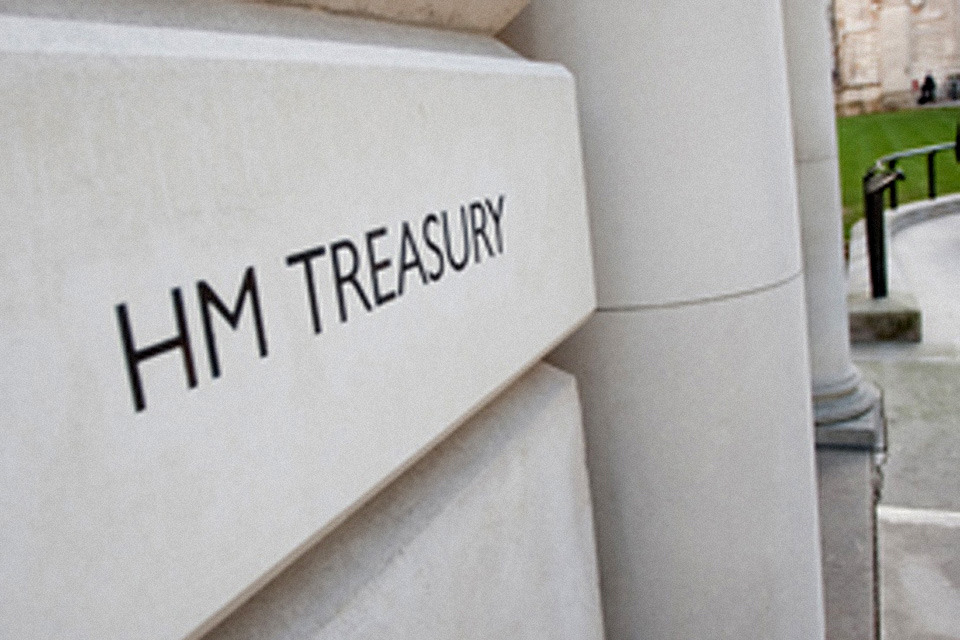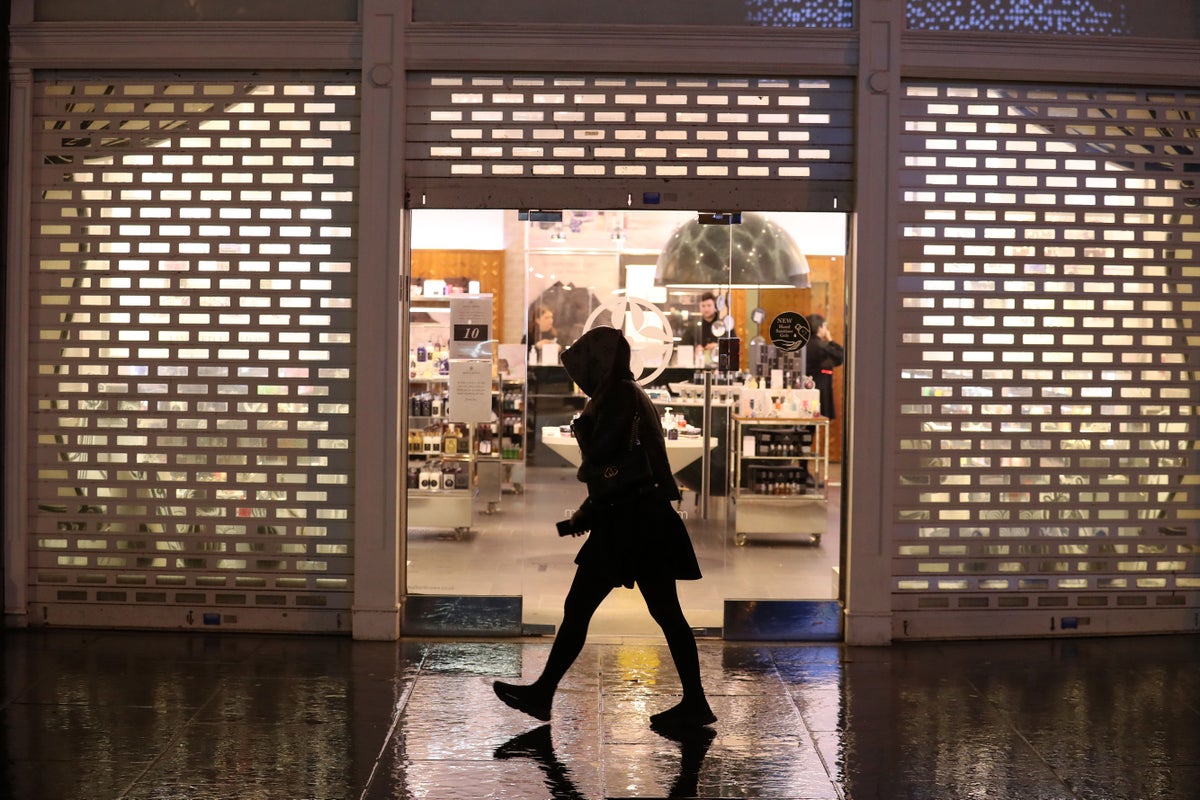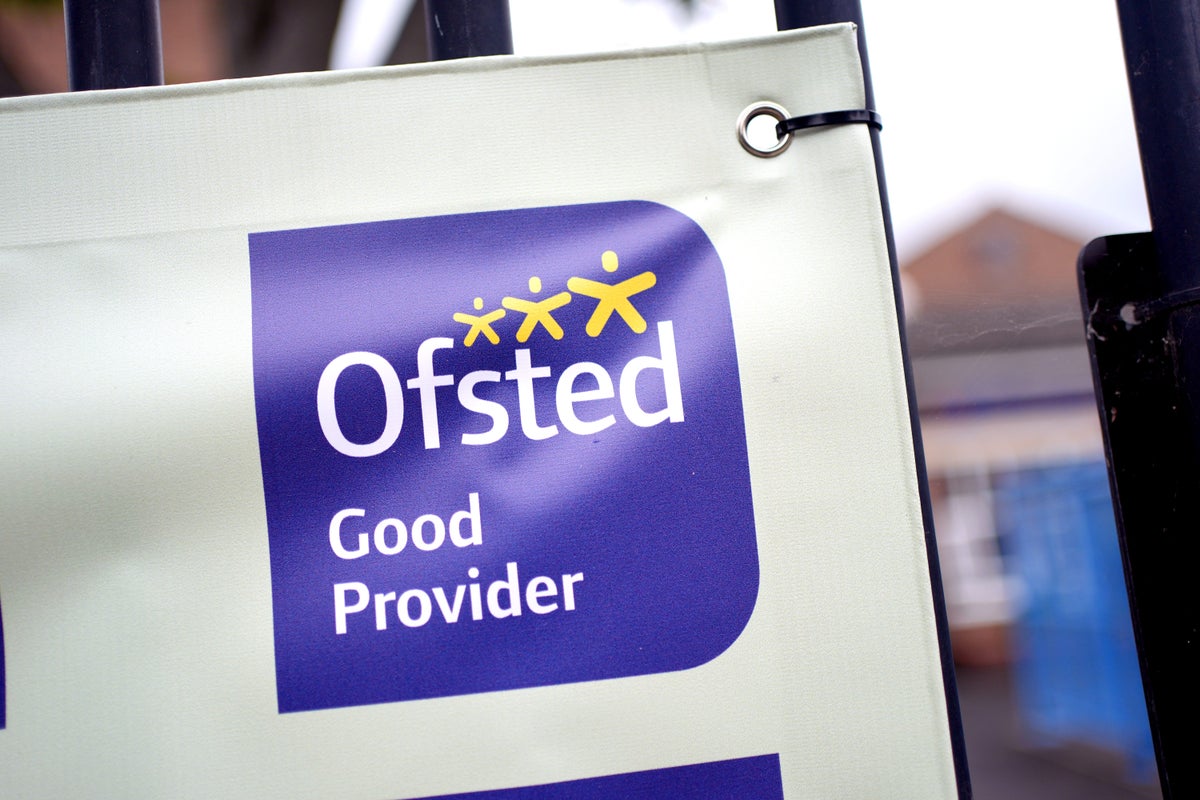Some of Britain’s largest shops, including supermarkets and department stores, are at risk of closure if the government proceeds with plans to include them in a higher business rates tax band, industry leaders have warned.
The British Retail Consortium (BRC) said its latest analysis suggested that 400 large-format stores could be at risk of shutting down, should they be subjected to the proposed business rates surtax on premises with a rateable value over £500,000.
The BRC said these outlets, “like all of retail”, were already under pressure from soaring employment costs, high taxes, and rising rates bills, driving the closure of 1,000 such outlets over the last five years.
Despite the retail industry accounting for just five per cent of the economy, it shoulders more than 20 per cent of all business rates bills, with large stores paying around a third of the total bill.
Given the small profit margins that existed across retail – around two to four per cent for food – a significant rise in rates for large stores would force these shops to raise their prices, employ fewer people, or even close their doors entirely, the BRC warned.
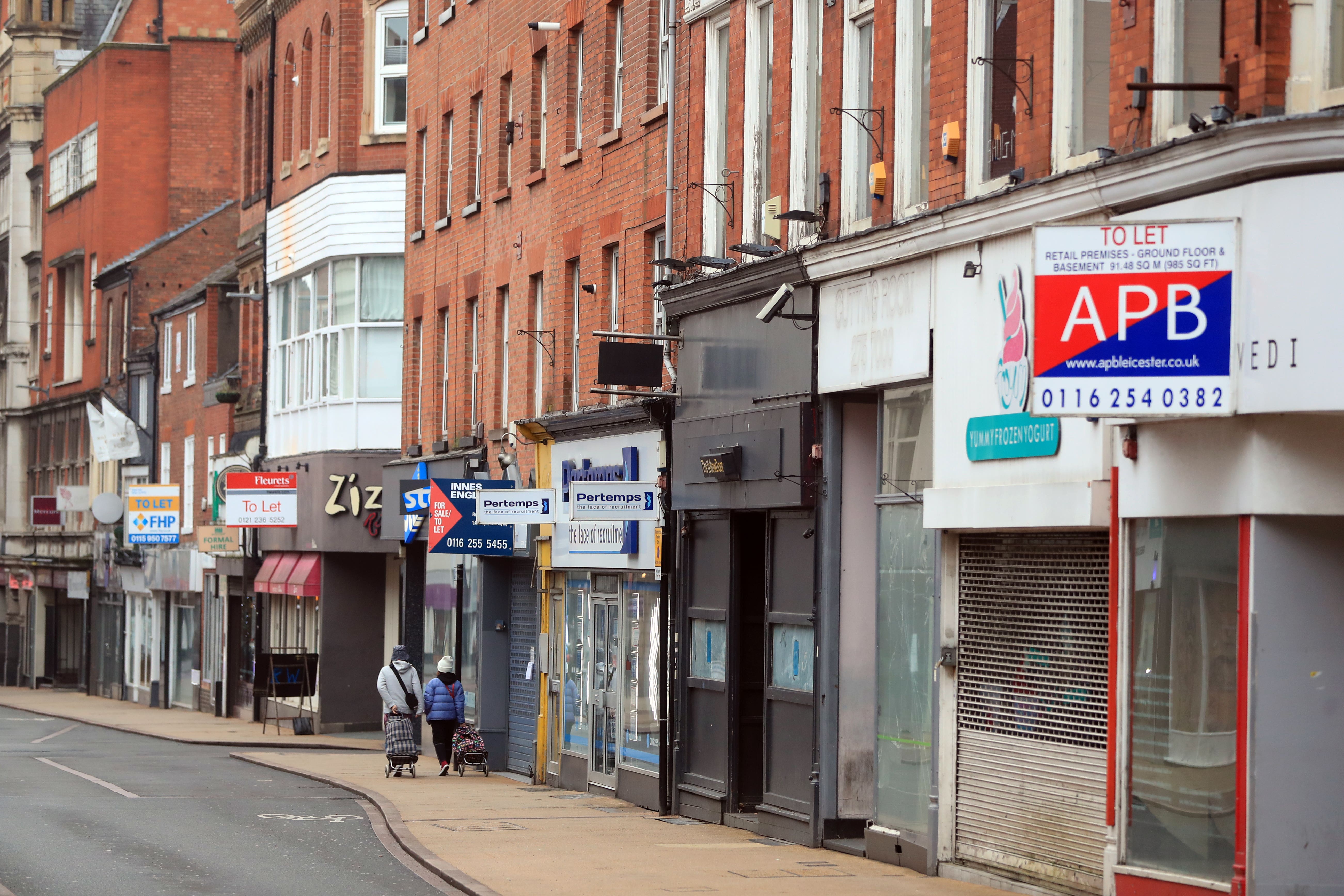
The 4,000 large stores played a vital role in the economy by employing approximately one in three of the industry’s three million workers and, as anchor tenants, attracted footfall to shopping and leisure areas, supporting cafes, pubs and smaller independents around them, it added.
It is estimated that if all 400 at-risk stores were to close, up to 100,000 jobs could be lost and local councils’ business rates receipts from retail would fall by “well over” £100 million a year.
The BRC is calling on the chancellor to use the autumn budget to deliver changes “without simply shifting the cost onto larger stores – which would be massively damaging to our high streets”.
It suggested this could be done without cost to the public purse by removing those stores from the new higher business rates tax band and slightly increasing the rates to be paid by the remaining large properties like office blocks and other big commercial buildings, where business rates were a smaller share of costs and the knock-on impact on jobs and prices was lower.

BRC chief executive Helen Dickinson said: “Britain’s largest shops are magnets, pulling people into high streets, shopping centres and retail parks, supporting thousands of surrounding cafes, restaurants and smaller and independent shops.
“After years of rising costs, far too many stores have disappeared – leaving behind empty shells that once thrived at the heart of our communities. Four hundred more large stores could disappear if the Government forces them into its new higher tax band. This would mean up to 100,000 jobs lost, emptier high streets, and less revenue for the Exchequer.
“The chancellor can back families, jobs and high streets this autumn, by excluding large shops from the new higher business rates tax band.
“This would not cost the Exchequer a penny, yet would help secure the future of 400 retail stores, and the communities they support, right across the country.
“But failure to act risks shuttering hundreds more stores, costing jobs, communities and the economy far more in the long run.”
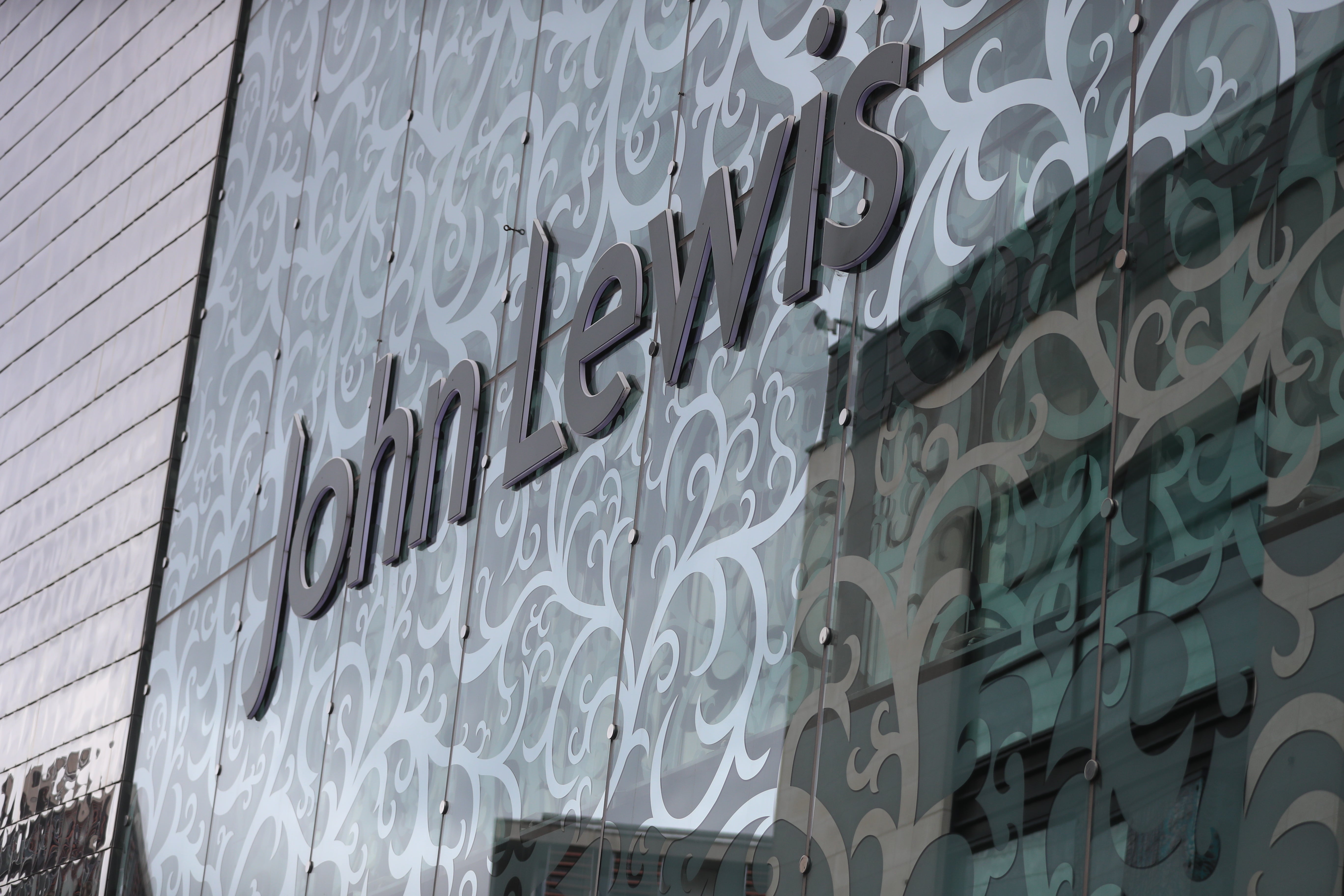
The BRC’s warning comes after Chancellor Rachel Reeves revealed plans to consider business rates reforms, including removing “cliff edges” for small firms.
The Treasury is looking at changes to the current system of business rates – the tax on UK business properties – as part of efforts to cut red tape and improve growth.
In an initial report into business rates, the Treasury said it would consider overhauling small business rates relief rules, which “can discourage” expansion and investment.
It is understood that bosses of major high street firms, such as John Lewis, met with the chancellor last week and encouraged a shake-up of current business rates rules.
Firms saw business rates bills increase earlier this year after an original 75 per cent discount on rates payments for hospitality, retail and leisure firms was reduced to 40 per cent in April.

